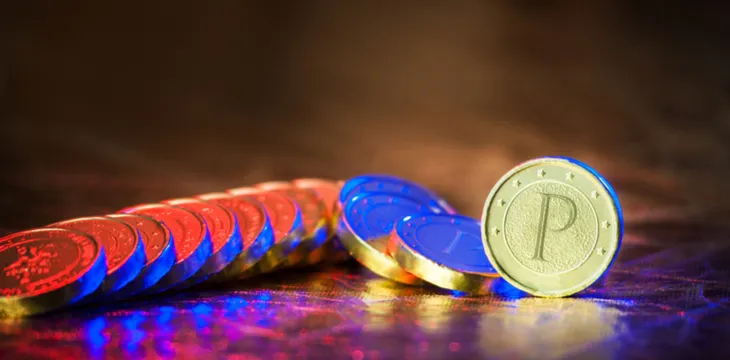|
Getting your Trinity Audio player ready...
|
Although Venezuelan President Nicolas Maduro has demanded for the national Petro cryptocurrency to be accepted by the country’s banks, no one seems to know where or how they can get ahold of it.
News agency Reuters reported that its news team traveled to Venezuela, seeking to locate the cryptocurrency that is supposedly backed by the country’s oil reserves.
The Bolivar Soberano, intended to ease hyperinflation by being set at 100,000 the value of its predecessor the Bolivar Fuerte, was issued on August 20, backed by the Petro, which Maduro claims raised $5 billion during its pre-sale. Yet the oil that supposedly backs the Petro, remains untapped, with sparse infrastructure for extracting the supposed 5.3 billion barrels in the town of Atapirire. The cost of tapping such reserves has been estimated at $20 billion.
During a period of four months, Reuters consulted with cryptocurrency and oil field specialists, who expressed skepticism that the Petro is what Maduro says it is. Hugbel Roa, minister of Science, Technology and University Education in the country, and who has participated in the Petro project, told the news outlet, “Nobody has been able to make use of the Petro… nor have any resources been received.”
The agency tasked in the creation of the Petro, the Superintendence of Cryptoassets, could not be found in the Venezuelan Finance Ministry, where it is supposedly located. When asked, a receptionist said that the agency “does not yet have a physical presence here.”
Based on interviews conducted by Reuters, there was no evidence of the Petro being traded, on a significant scale that is, on any exchange, contrary to Maduro’s claim that 16 exchanges were to trade it. Of the named exchanges, only one, Coinsecure from India, has publicly stated its interest in trading the Petro, in exchange for royalties from Venezuela.
The Petro has been seen as the last resort of the Venezuelan government in managing record levels of inflation and a slowdown in economic activity, largely a result of policies implemented since the presidency of Hugo Chavez, who died in 2013. The International Monetary Fund has estimated an inflation rate of 1 million percent in the country by the end of the year.

 09-06-2025
09-06-2025 





